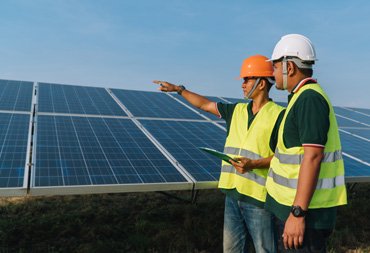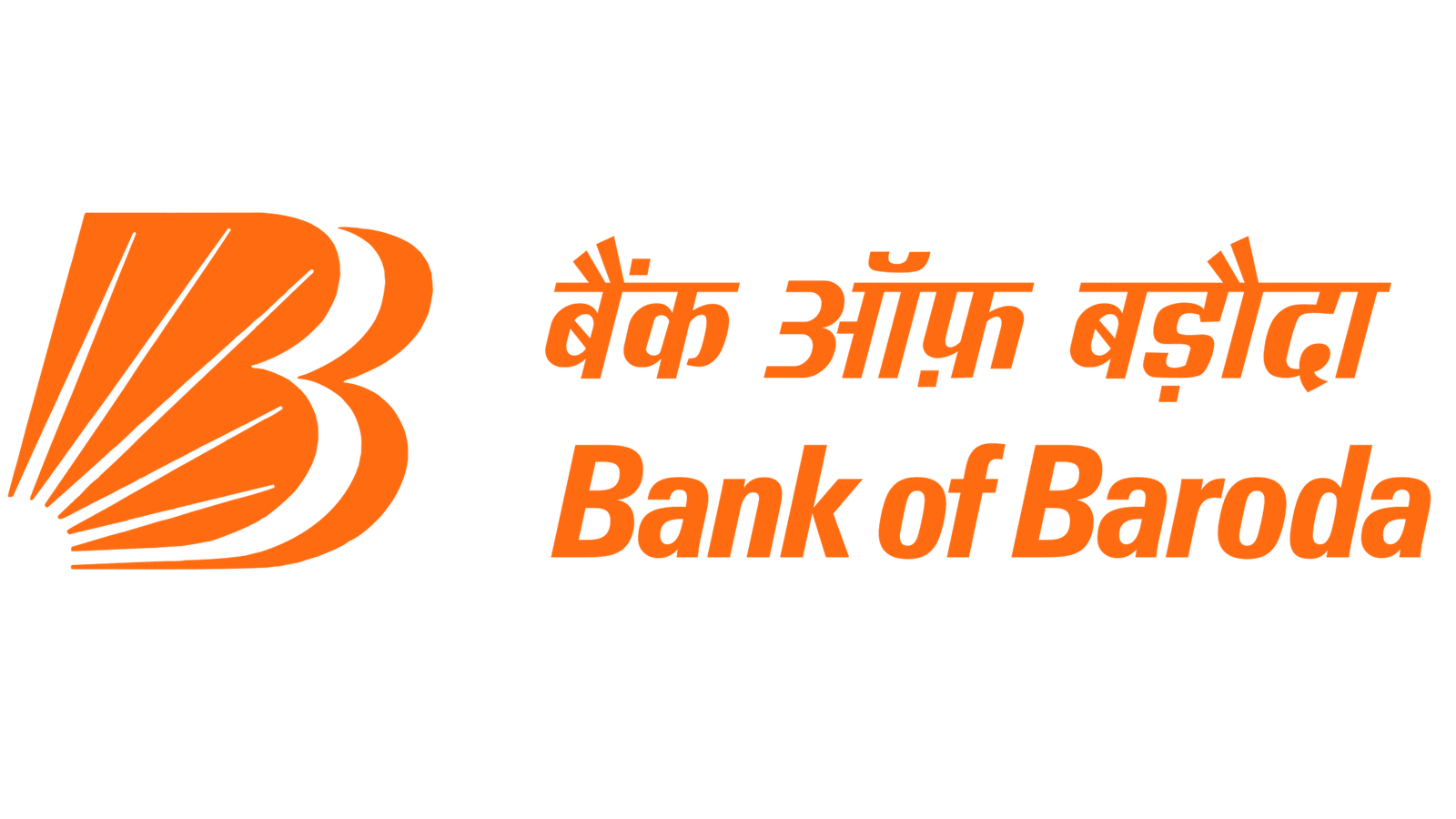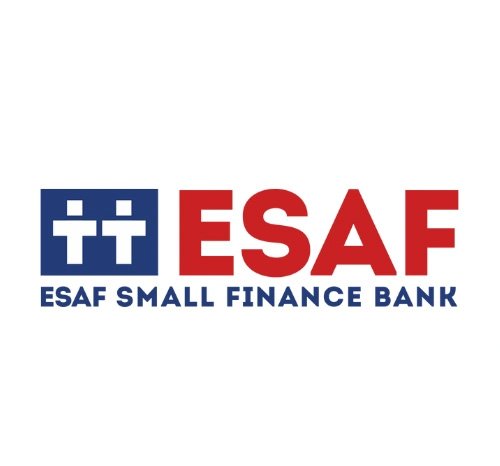Fostering the Growth of Solar Energy Market
A Leading Supplier Of Solar Installers & Contractors.

Grid-Connected Solar Power Plant
Grid-connected solar power plant is a solar energy system that generates electricity from sunlight and feeds it directly into the main power grid.photovoltaic (PV) panels to generate DC electricity from sunlight. This is then converted into AC electricity via an inverter and fed into the electrical grid.

Hybrid Solar Power Plants
solar energy with other power sources (usually batteries or generators) to ensure a reliable, continuous supply of electricity — even when the sun isn’t shining or during power outages.photovoltaic (PV) panels with energy storage (like batteries) and often a backup power source (like a diesel generator or wind turbine).

Off- grid Solar Power Plant
An Off-Grid Solar Power Plant is a standalone power system that generates and stores its own electricity without being connected to the utility grid. It's completely self-sufficient and is commonly used in remote or rural areas where grid access is unavailable or unreliable.Uses solar panels to generate electricity

Roof- top, Ground mounted - floating
This is differ by installation location—on building roofs, on open land, or on water bodies—each suited to specific space and environmental conditions.Solar panels are installed directly on the roof of a building (residential, commercial, or industrial). This is the most common type for urban areas.

ESS, Energy Storage System
An Energy Storage System (ESS) stores energy for later use. It balances supply and demand, provides backup power, and stabilizes the grid. ESS can store energy generated from any source — solar, wind, grid electricity, or even diesel — and release it when needed.Provides power when generation is low (like solar at night)

Operation & Maintenance
O&M refers to all the activities, processes, and procedures involved in ensuring a solar power plant performs efficiently, safely, and consistently throughout its lifespan (typically 25+ years). It includes monitoring, inspections, cleaning, repairs, upgrades, performance analysis, and more.


















